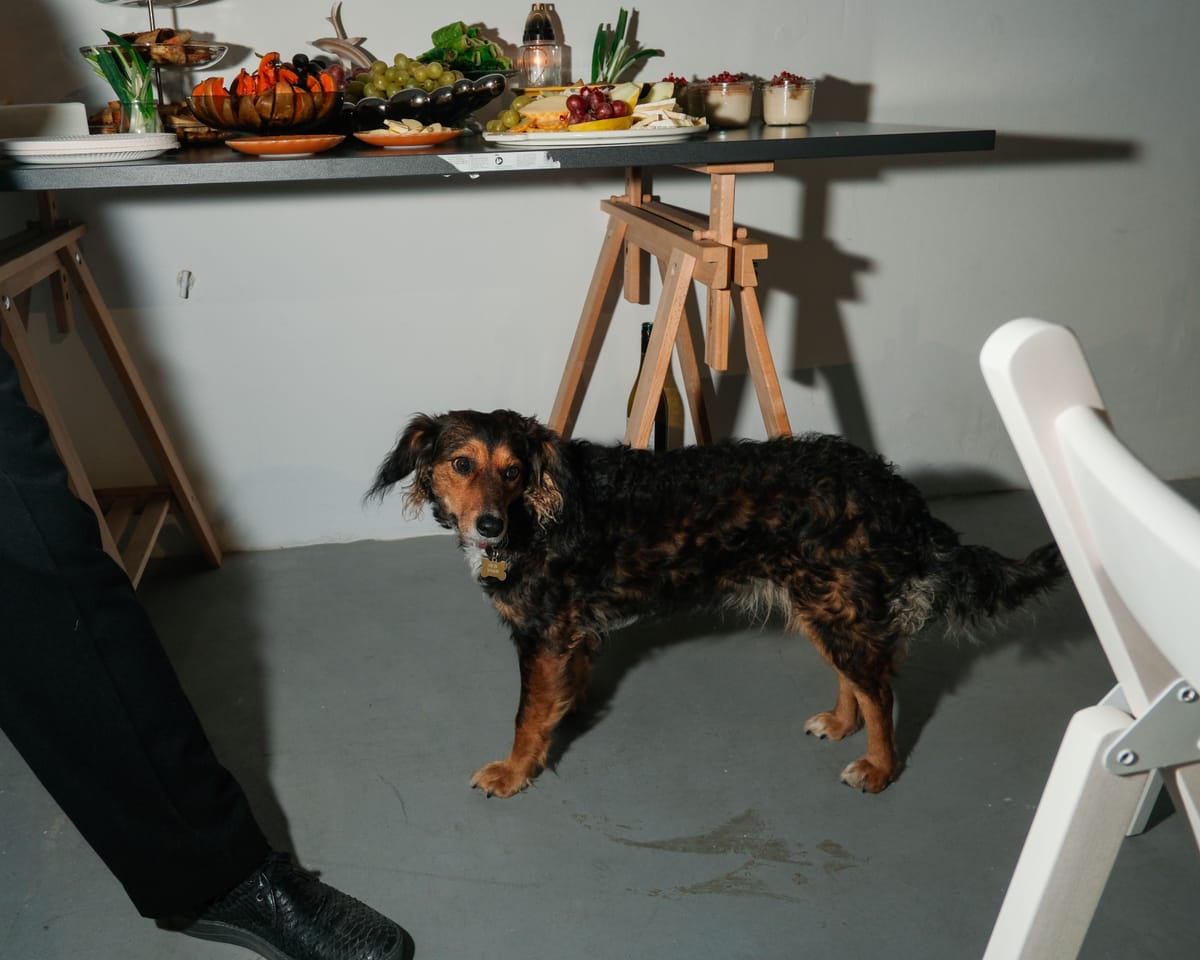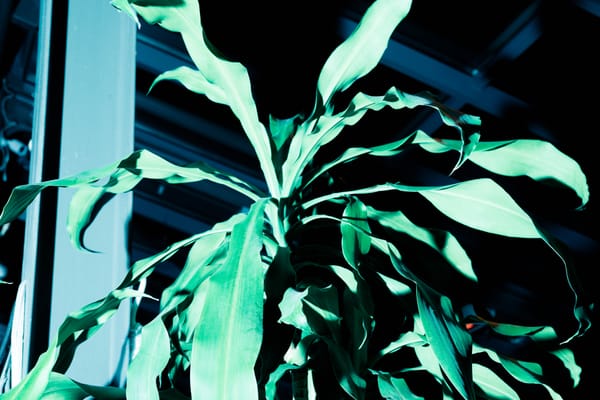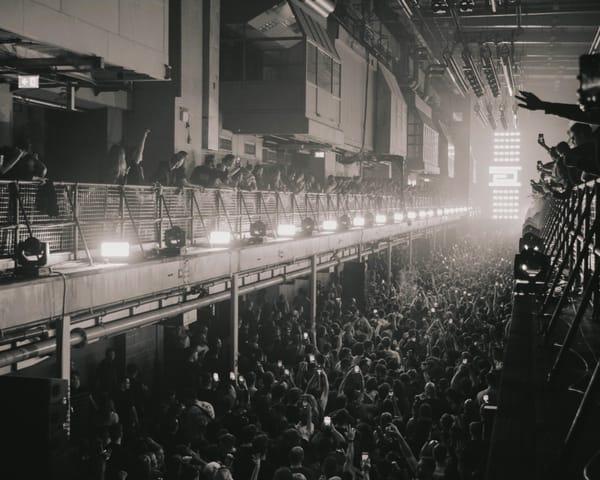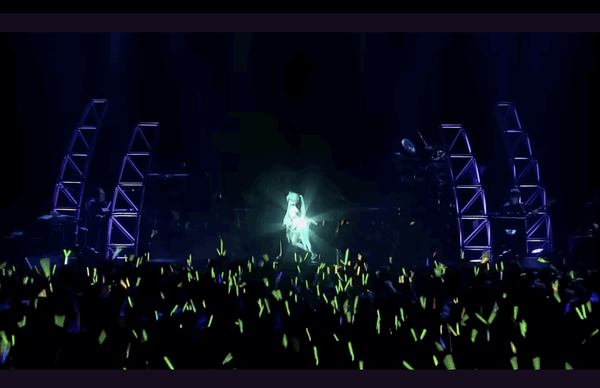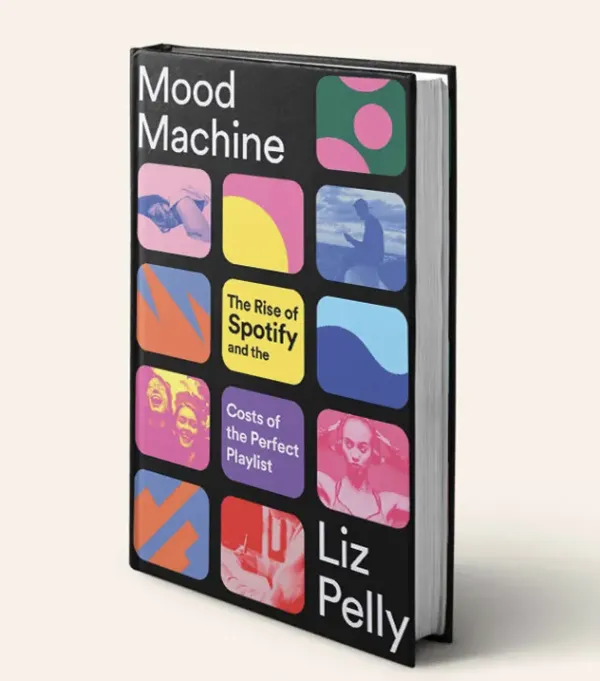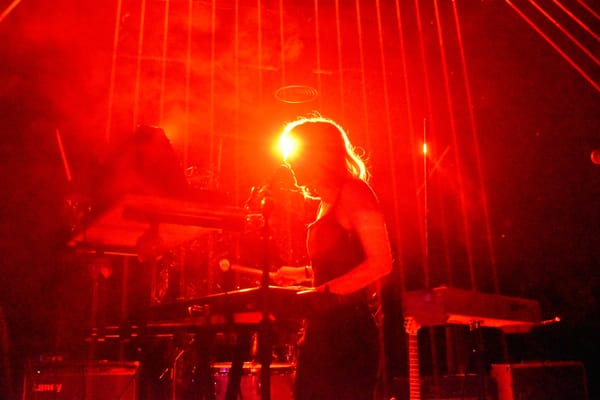Register for free to receive our newsletter, and upgrade if you want to support our work.
What are options and possibilities of an independent cultural worker in Hungary to achieve meaningful impact and socially relevant results? How can the cultural actors co-operate, if they only have faded impressions of one another? How can they learn, not only from each other’s perspectives, but from other examples too, outside of Hungary? Addressing questions along these lines, four Reset! members initiated a collaboration with active figures of the Hungarian cultural sector to get to know and understand each other better. This collaboration resulted in in-person meetups, a future live musical performance, a radio broadcast, and joint ideas that foster further creative endeavors.
Working in the cultural and creative sector in Hungary is a rather tough career choice. There are not plenty of grant options, and relying on market-based side ventures to fund the primary goal of one’s organization is rarely viable in the long term. As enthusiasm and one’s capacity for pro bono work is limited, long-term funding is crucial for any cultural organization’s sustainable working model. Navigating among the often confusing system of Hungarian state funds, calls for proposals by the European Union, or other funding possibilities can be tricky and unpredictable. Based on collective experience, the success of a project’s funding is often not based on its quality and validity – instead, it is shaped by several unforeseen circumstances that lay outside the reach of the project’s initiator. These may include decisions regarding geographical allocation of funds, temporarily changing priorities, or in general, the various tendencies of cultural policies.
A great way of clearing up the administrative confusion and fostering creative ideas along joint projects is to bring a lot of creative and proactive people in one room. This is what we did on October 22, 2025, with the help of four Reset! Members: the PAIKKA collective (the project's coordinator), 11_11 Gallery, Lahmacun Radio and MMN Mag. All four organizations represented themselves with at least one of their members, plus they delegated 4 additional professionals who work in the cultural and creative industries of Budapest. The October 22 event was a friendly dinner, where all invitees could meet each other for networking and to discuss the options and limitations they have to face over the course of their operation. Most guests represented grassroots organizations such as galleries, music labels and music venues – many of these have crossover interests (for example, an artist from a label is likely to play at a venue or a gallery), therefore this event provided an effective platform for future partnerships.
Reset! is a European network of independent cultural and media organisations, designed and built to document the situation of independent culture and media across Europe and beyond, empower its members as well as to advocate for a repositioning of independence as a core value in the cultural sector.
As the second and final act of the project, a public event will take place on November 6, 2025: a live concert presented by Vienna-based Robert Schwarz at the Palm House at Széchenyi Thermal Bath in Budapest, a greenhouse filled with tropical plants where natural acoustics and humidity shape a distinct listening experience. The invitation of Robert Schwarz for such an unlikely location is not a coincidence: Robert Schwarz hosts a series called ‘Parken’ in Vienna, where he organizes concerts and live events at irregular venues, like public spaces and parks (hence the name). Matching with the concept, the Palm House at Széchenyi Baths in Budapest is a place with history and character that adds a special touch to the night: a sense of reconnection with nature, and temporary detachment from the consumer-oriented commercial venues we tend to see in our urban landscapes.
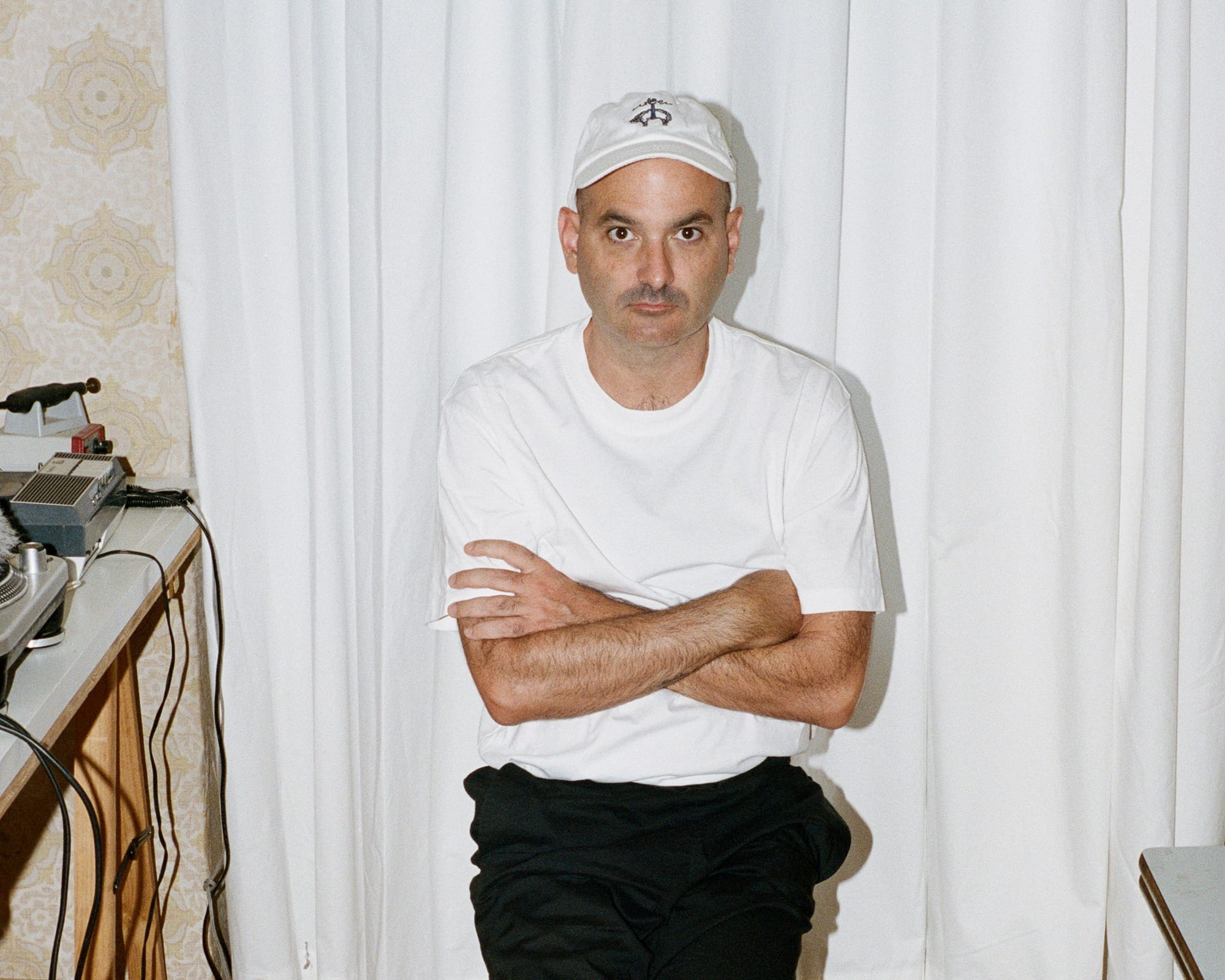
The connection for nature and unusual places & practices is a strong theme for Schwarz too. Firstly, with ‘Parken’, he also has an attachment tor spaces that are not culturally coded and are accessible for everyone. The priority for the series was always to have an open and inviting atmosphere for all audiences, and letting the event unfold for adventurous, experimental electroacoustic music. When recounting the early days and the present of ‘Parken’, Schwarz exclaimed that what changed over the 10 years of doing ’Parken’ is the realization of how important funding is. “As soon as you have money to pay for everything in a proper way,” he says, “it opens a lot of possibilities. We started from a very DIY standpoint and reached a really professional festival setup.”
Secondly, as an artist, he works both with modular synthesizers and field recordings. During his Budapest show, he will present a condensed live version of his latest album ‘Stridulations 1–14’. Through solitary chirps and roaring synchrony, insects and arthropods communicate through “stridulations”, diverse calls created by rasping friction between two chitinous body parts. On ‘Stridulations 1-14’, Schwarz presents a speculative resynthesis of such calls in simultaneity with ethological field recordings of real-world insect life. The album and his live musical performance explores the audible characteristics of entomological communication, paying special attention to the spatio-temporal sonic patterns resulting from swarm behaviour and synchronicity.
The Széchenyi Palm House is part of the well-known Széchenyi Thermal Bath in Városliget, one of the biggest parks in Budapest. The palm house functions as a recreational space during the day, and can be used for various events in the evening, such as press conferences, private parties, and corporate gatherings. Since hosting live music events is rather uncommon in this space, the live performance of Robert Schwarz reintroduces the Palm House for concertgoers who otherwise may never visit this peculiar building, thus extending the possibilities of the house and reclaiming the space of a state-funded bath for cultural purposes.
The aforementioned four members of the Reset! network all unite to carry out the above events, but their goals and ideas extend the mere execution of them. PAIKKA, among others, connects people, organizes and gives administrative background; 11_11 Gallery provides professional insights and a space for people to meet each other. Lahmacun radio hosts and broadcasts a talk on the topic of ‘reclaiming spaces’ with experts from the cultural sector and further discusses the themes that appeared during the networking event. And, last but not least, MMN Mag acts as another media partner for written reporting and photo documentation.
Cover photo: Gabor Nemerov
Photo of Robert Schwarz: Anna Breit
